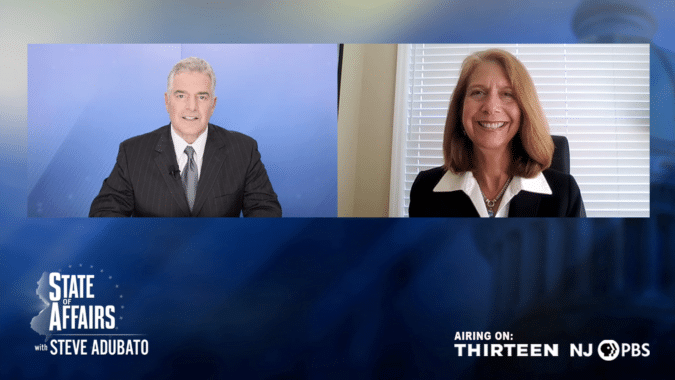The New Jersey Business & Industry Association said today the amendments made to legislation to create and regulate a legal marijuana marketplace will weaken protections for employers seeking to maintain a drug-free workplace, even in critical public safety industries.
Testifying before the Assembly Appropriations Committee, NJBIA Vice President of Government Affairs Ray Cantor said the amendments to the New Jersey Cannabis Regulatory, Enforcement Assistance and Marketplace Modernization Act (A-21/S-21) should not be creating new burdens on employers that require drug-free workplaces.
“NJBIA is opposed to placing additional burdens on employers that need to ensure their workplaces are drug-free for safety issues such as in critical infrastructure, chemical plants, and utilities,” Cantor said.
While there are some workplace safety provisions in the legislation, Cantor said he was specifically concerned about new amendments changing Section 47 of the bill that include:
- Employers should not be required to incur additional expenses to hire experts or to train their staff in order to detect employees who are using cannabis at work. This training is essentially another costly employer mandate;
- “Workplace Impairment Recognition Experts” will not be effective in determining which employees are under the influence of cannabis. In fact, New Jersey courts have currently halted the use of such expert evidence in criminal cases;
- Amendments in Section 47 make workplaces less safe, especially those workplaces with significant public safety risks to the public such as nuclear power plants, refineries, and chemical plants. The balance between public safety and an employee’s desire to use cannabis must favor public safety.
- Critical industries and high-risk jobs need additional protections to protect public safety. These employers need to be able to maintain drug-free workplaces by ensuring their employees do not use cannabis, even outside the job site. The limitations on testing mandate this extra protection.
“These amendments favor people’s ability to use cannabis over the public protections of public safety,” Cantor said. “Do not put the public at risk.”
NJBIA will express the same concerns during the Senate Budget and Appropriations Committee later today.
On Nov. 3, New Jersey voters approved the full legalization of marijuana by referendum, effective Jan. 1. It is now up to the Legislature to pass enabling legislation to carry out that directive and create the regulatory framework under which adults may cultivate, sell and use marijuana. Medical marijuana, available only by prescription, is already legal in New Jersey.
The bill, which is expected to be ready for a floor vote by the full Assembly on Monday, legalizes consumption, transportation and possession of up to 1 ounce of cannabis by anyone 21 an older. As amended, the bill also permits the Cannabis Regulatory Commission to set a “social equity excise fee” that would tax marijuana growers on the sale and transfer of cannabis. This tax would be in addtion to the 6.625%, sales tax on marijuana that was stipulated in the ballot question approved by voters.





